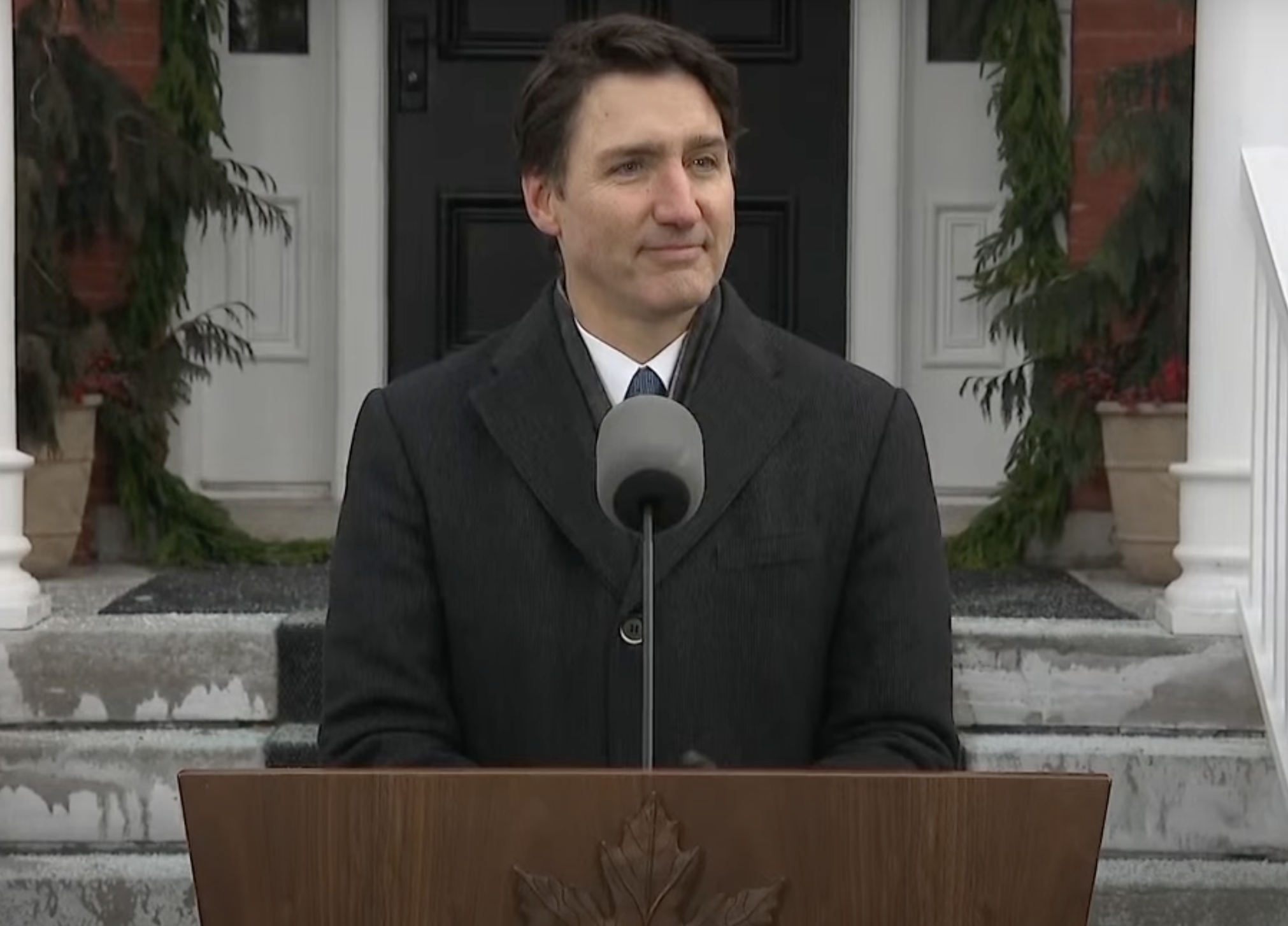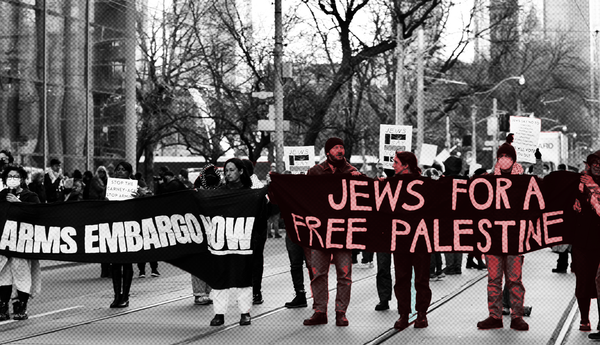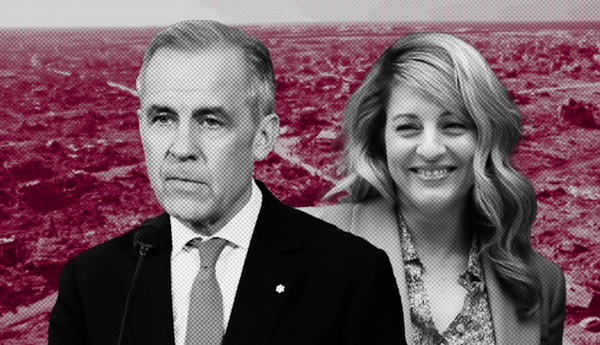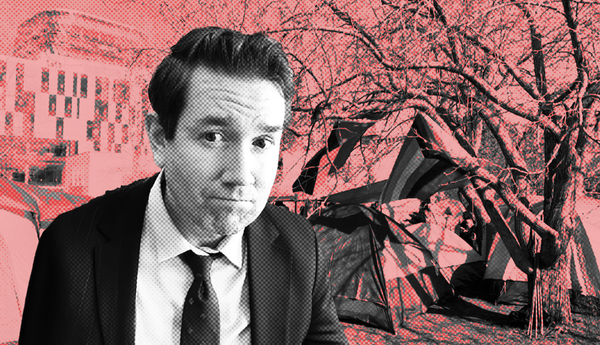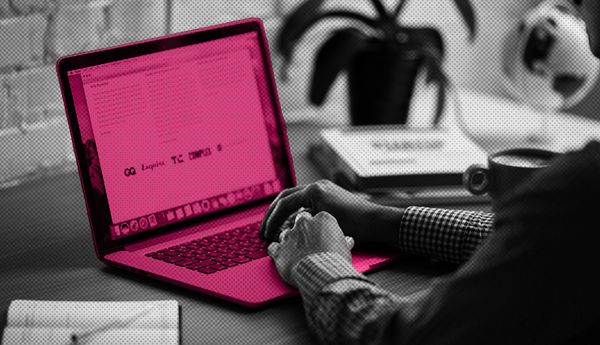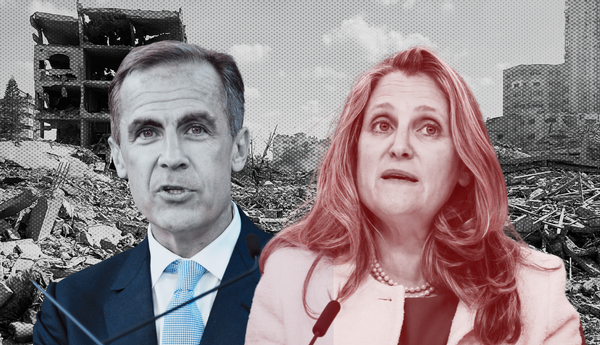Prime Minister Justin Trudeau announced Monday that he is stepping down as leader of the Liberal Party of Canada. He said he will remain prime minister until the party elects a new leader in the coming months.
Speaking outside Rideau Cottage, Trudeau said Governor General Mary Simon had granted his request to prorogue Parliament until March 24. At that point, a confidence vote in the Liberal government can be held — one that it will likely lose given opposition parties’ stated commitments to bringing the government down.
Moments before he stepped up to the podium yesterday, Trudeau’s prepared speaking notes were swept away in the breeze. “I’ll wing it,” he quipped.
Trudeau said he hoped that removing himself from the equation would “bring the temperature down” in Canadian politics. However, that hope was promptly dashed as opposition leaders and critics stated that the problems with the Liberal government go well beyond Trudeau’s leadership.
Conservative Party Leader Pierre Poilievre, who has consistently led in polls for more than two years, said “nothing has changed” and noted that Liberal MPs, including those who have called for Trudeau to step down in recent weeks, supported Trudeau’s government for years.
NDP Leader Jagmeet Singh, whose party propped up the Liberal minority government until last September, said: “It doesn’t matter who leads the Liberals. They don’t deserve another chance.”
Singh also launched a barb at Poilievre, stating that “Conservatives are jumping at the opportunity to take from you and give more to CEOs,” an apparent reference to a recent report published by the Canadian Centre for Policy Alternatives that found Canada’s top 100 CEOs make 210 times more than the average worker.
In his remarks, Trudeau defended his government’s record, stating that “we are at a critical moment in the world.”
“Despite best efforts to work through it, Parliament has been paralyzed for months, after what has been the longest session of a minority government in Canadian history” he said.
“This country deserves a real choice in the next election and it has become clear to me that if I am having to fight internal battles, I cannot be the best option in that election.”
The prime minister has faced months of internal strife and questions over his future as Liberal Party leader, particularly following Chrystia Freeland’s resignation as finance minister in December over what she called the government’s “costly political gimmicks.”
Poll after poll has shown the Liberals facing a drubbing at the next election, with Poilievre’s Conservatives projected to win a landslide majority.
Trudeau said he regretted not introducing electoral reform during his time in government. He had promised to implement electoral reform when he first took office in 2015 before infamously reneging on the commitment.
Trudeau said he “absolutely” believed his replacement as Liberal leader — whoever that might be — could find a way to defeat Poilievre in the next election.
“Pierre Poilievre’s vision for this country is not the right one for Canadians,” he said. “We need an ambitious, optimistic view of the future, and Pierre Poilievre is not offering that.”
Names tipped as potential candidates for Trudeau’s successor as Liberal Party leader include Freeland; former governor of the Bank of Canada Mark Carney; Foreign Affairs Minister Mélanie Joly; Transport Minister Anita Anand; Innovation, Science and Industry Minister François-Philippe Champagne; and former B.C. premier Christy Clark, who ran with the right-wing and now defunct B.C. Liberal Party.
The Maple is running an ongoing series that provides a critical assessment of the Trudeau government’s legacy on several key policy areas. Below you can find the articles that we have published so far.
- Trudeau’s Failure To Benefit Workers Has Empowered Conservatives
- ‘A Crushing Disappointment’: Trudeau’s Climate Legacy
- Trudeau Has Never Genuinely Cared About Migrants To Canada
- Fuelling Genocide: Trudeau’s Bloody Record On Gaza


